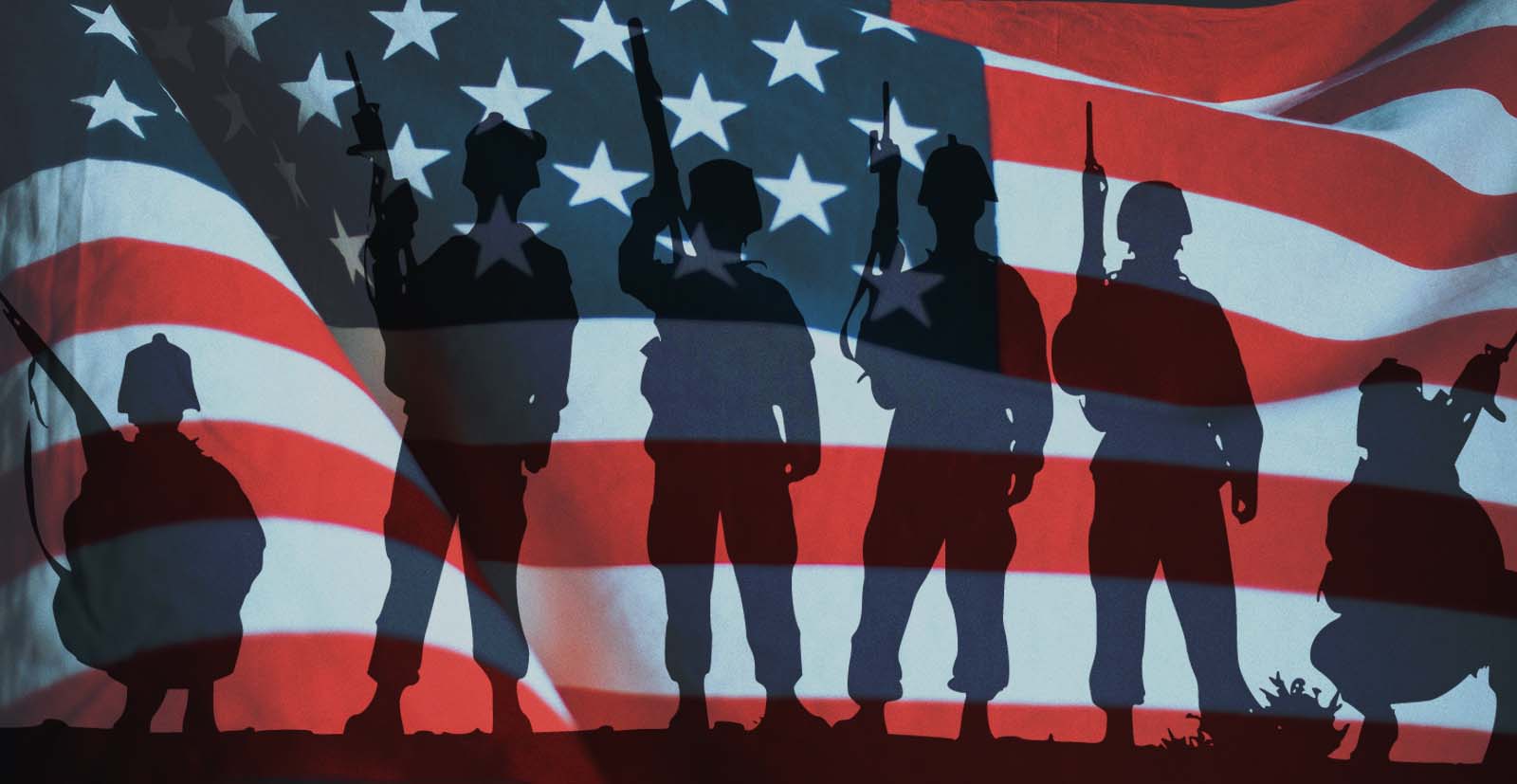Since 1949, May has been designated as Mental Health
Veterans, individuals who have served in the military, often face unique challenges as they transition from military life to civilian life. These challenges can vary based on factors such as the length of their service, the nature of their military roles, and individual circumstances. Here are some common challenges that veterans may encounter:
Transition to Civilian Life:
Culture Shock: The transition from a highly structured military environment to civilian life can be challenging. Veterans may find it difficult to adjust to the less hierarchical and more individualistic nature of civilian society.
Identity Shift: Many veterans have a strong military identity, and transitioning to civilian life may involve a shift in how they perceive themselves and how others perceive them.
Employment:
Skill Translation: Veterans may struggle to translate their military skills and experiences into terms that are understandable and attractive to civilian employers. Job Market Dynamics: Depending on their military occupation, veterans may find it challenging to compete in the civilian job market, especially if their skills do not have direct civilian equivalents.
Mental Health: Post-Traumatic Stress Disorder (PTSD): Exposure to traumatic events during military service can lead to PTSD, a condition that may affect mental health and daily functioning.
Depression and Anxiety: The stress of military service, combined with the challenges of transitioning to civilian life can contribute to mental health issues.
Physical Health: Injuries and Disabilities: Veterans may have sustained injuries or acquired disabilities during their military service, which can impact their physical well-being and ability to perform certain tasks.
Access to Healthcare:
Veterans Affairs (VA) System: Navigating the VA healthcare system can be complex, and veterans may face challenges in accessing timely and appropriate healthcare services.
Social Reintegration:
Isolation: Some veterans may experience feelings of isolation or alienation from civilians who may not fully understand their military experiences.
Relationship Strain: The strain of military life, deployments, and the subsequent transition can sometimes strain relationships with family and friends.
Financial Challenges:
Economic Hardship: Veterans may face financial difficulties, especially if they struggle to secure stable employment or experience delays in receiving benefits.
Education:
Education Gaps: Veterans returning to civilian life may find it challenging to bridge education gaps or adapt to different learning environments.
Legal Issues:
Legal Challenges: Some veterans may encounter legal issues related to their military service, such as difficulties with reintegration into society or legal matters arising from their time in service.
Support services, both governmental and non-governmental, exist to help veterans navigate these challenges. Initiatives aimed at improving veteran employment opportunities, mental health services, and community support can make a significant difference in easing the transition from military to civilian life.

How Havenly Care Solutions Helps Veterans.
1. At Havenl Care Solutions, We offer free home safety assessments and recommendations. This is aimed at identifying and eliminating potential hazards in the home, making it safer for veterans to live independently.
2. We offer emotional support to our veterans through our companionship program.
3. Havenly Care Solutions has special programs for both caregivers and clients like veterans on how to prevent falls at home
4. Our caregivers are trained on how to assist with nutritious meal planning and preparation to ensure you take in the right nutrients to properly function.
5. We provide non-medical transportation services. Be it transportation to your doctors’ appointments, shopping, or community engagements Havenly Care Solutions will get you there timely and safely.
6. We assist with activities of daily living. At Havenly Care Solutions, we understand that some of our veterans have physical disabilities that may make it hard for them to perform activities such as bathing, dressing, eating, and toileting among others. Therefore, we have equipped our caregivers with all the necessary skills to help you through your day.
7. We help veterans to access the benefits and services they are eligible for. The VA offers a wide range of benefits and services for aging veterans including health care, financial assistance, and caregiver support. We educate you and guide you in accessing these.
8. We facilitate community engagement initiatives, support groups, and social activities designed to connect veterans, fostering a sense of camaraderie and belonging. Our care team helps identify community activities of your interest, reminds you, drives you, and maintains safety as you engage in these programs.
It is vital to approach veteran support holistically while recognizing and addressing their physical, mental, and social needs. Collaborative efforts from government agencies, nonprofits, businesses, and the community can create a supportive environment for veterans as they transition to civilian life. We at Havenly Care Solutions care so much for our veterans as they are our unsung heroes.
Contact us at 781-257-2023 for more information on how we can help.
703 Main Street, Waltham, MA 02451
781.257.2023
contactus@havenlycares.com